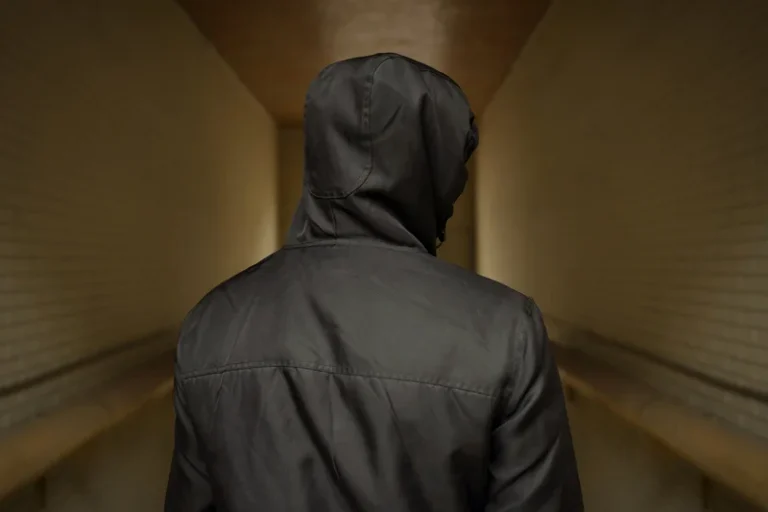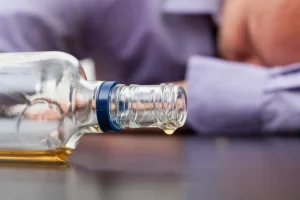
Additional imbalance of power between the counselor and the client may occur due to characteristics of either the counselor or client, such as racial, gender, age, and education differences. This may be accomplished by working to address and confront power positions and possible feelings of powerlessness, both outside of the counseling relationship as well as between the counselor and the client. This is particularly critical when the counseling relationship includes a cross-racial or cross-gender dyad.
Simplifying The Steps: Step One And The Concept Of Powerlessness
Mental illnesses such as depression, anxiety disorders, and post-traumatic stress disorder (PTSD) can contribute to feelings of powerlessness. These conditions can affect an individual’s perception of control, leading to a sense of helplessness and an inability to cope with life’s challenges. Understanding these societal examples of powerlessness is crucial for identifying and addressing the underlying causes of inequality. By recognizing power imbalances and advocating for change, we can strive towards a more just and inclusive society that empowers individuals and communities.

Meaning-making: Don’t demand it. Create it.
The path to recovery is rarely a straight line, but a series of twists and turns. You may be powerless over the effects of substance abuse, but choosing to be better every day is where that power returns. The impact of drugs and alcohol on your body over time renders your natural brain functions and mechanisms powerless. To acknowledge the way these substances have impacted your life is to admit that alcohol and drugs have made your life unmanageable and you can’t fix it on your own. Whatever the reason, admitting powerlessness is to say that practicing self-control does not undo the effects of drugs or alcohol on the brain. Accepting this reality is what will equip you to seek treatment rather than deny that there is a problem in the first place.
- Recovery is a multifaceted approach to addressing addiction that requires serious life reflection and commitment to change.
- The path to recovery is rarely a straight line, but a series of twists and turns.
- In our recovery programs for men in Colorado, we work on this step.
- Use them to learn about additional supports you need, the needs or desires that drove you to act out, or catalysts or triggers that create more temptation.
- This step is not saying you are powerless over your actions, decisions, or relationships with others; only over your addiction to alcohol or drugs.
Impact of Powerlessness in Society
It is the feeling that we have had to, or must seriously, compromise ourselves or something we hold dear due to external forces seemingly beyond our control. It is also the sense that others don’t grasp a moral significance or moral imperative that is clear to us. Moral distress is what results from repeatedly not having our values respected, either individually or collectively.

As women reach middle and older age, their power is approximately the same as that of men. There is general agreement that men and women differ in the degree to which they hold powerful positions in certain fields. Although various cultures may value the different kinds of power differently, male heterosexual power is almost universally respected. examples of powerlessness Males typically have more power than woman in the public arena outside the home and in leadership positions. Men usually control powerful institutions that sustain the social hierarchy, such as the government, military, and law. Women typically have far more responsibilities in the home than do men, often in daily caretaking activities.
Examples of Powerlessness In Sobriety List

This statement has been part of a great discussion on whether or not recovery can come without sobriety. You assume that the process that has helped thousands of others won’t work for you. It presumes your own uniqueness or difference, as referenced earlier. Submit yourself to the process of recovery and allow yourself the gift of patience while you wait for it to take hold. Often when you attend your first 12 Step meeting or read stories about others’ addictions, this thought can cross your mind.
Power in Counseling Relationships
Rationalization, denial, and other defense mechanisms provide a smokescreen to obscure the truth that is in plain view. With regard to age as it relates to gender, researchers have demonstrated a shift in the perception of interpersonal power of women with age. In these studies, power included both the personal characteristics of self-respect and empowerment and the interpersonal component of influence over others.
Step 1 of AA: “Powerlessness”, the First of the 12-step Journey
- Understanding the examples of powerlessness helps illuminate the challenges faced by individuals in different contexts.
- Recognizing powerlessness is the first step towards addressing inequality, promoting empowerment, and striving for a more equitable and just world.
- With Covid-19, the weight of moral distress on health care workers and first responders has been unprecedented.
Few people intend to destroy their lives and relationships by drinking or doing drugs, but that is what can happen with addiction. These substances literally rewire brain function, making the need to satisfy a craving take prominence over everything else in life–regardless of the consequences. Embracing powerlessness in sobriety also paves the way for developing trust and surrender.
Embracing powerlessness allows individuals to cultivate resilience, humility, trust, and surrender. Through mindfulness practices, seeking support from others, and embracing a higher power or spiritual connection, individuals can find the strength to overcome addiction and lead fulfilling lives in sobriety. By recognizing the benefits of embracing powerlessness in sobriety, we can shift our perspective and approach our recovery journey with a newfound sense of openness and receptivity. Through building resilience and humility, developing trust and surrender, and finding freedom and inner peace, we can cultivate a more fulfilling and transformative recovery experience. By embracing powerlessness, individuals in recovery gain the strength to face the challenges of sobriety with humility and resilience.

